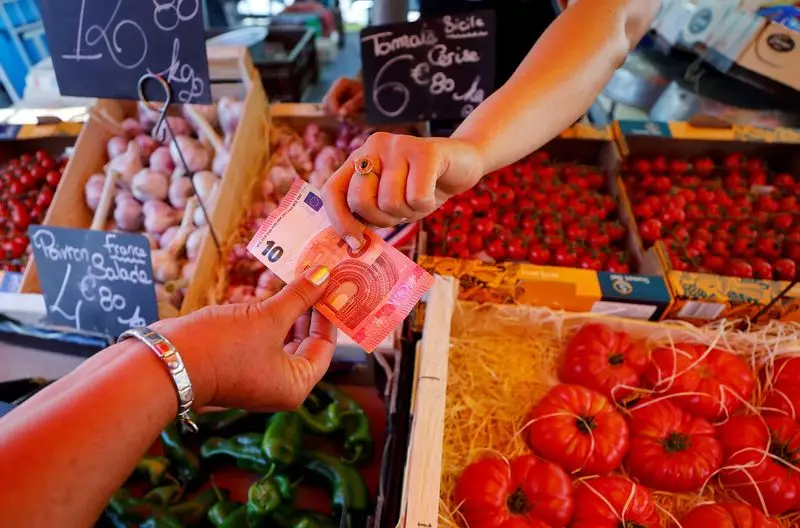The euro took a sharp dive as French President Emmanuel Macron decided to call for a surprise election following a defeat in the European Union vote by the far-right. The currency fell by 0.3% in Asian trading, reaching a one-month low of $1.0764. Additionally, it plummeted to a 21-month low of 84.60 pence. This sudden move by Macron has not only affected the currency but also impacted stock and bond futures. EuroSTOXX 50 equity futures decreased by 0.4%, while French bond futures saw a decline, extending the significant drop from the previous week.
The aftermath of the European Parliament elections has left Europe in a state of uncertainty. While the Centre, liberal, and Sociality parties are expected to maintain a majority, the rise of eurosceptic nationalists has posed a challenge to major powers in the region. Macron’s decision to call for a parliamentary election on June 30 has further added to the uncertainty. In case the far-right National Rally party secures a majority, it could leave Macron without much say in domestic affairs. This unforeseen turn of events has raised concerns among investors and economists, causing a ripple effect across European markets.
Market experts have expressed their concerns about the potential impact of Macron’s decision on the economy and financial markets. The prospect of a far-right victory in France’s snap elections has put pressure on the euro in the near term. However, the main driver for the currency remains U.S. data and policy decisions. While the euro has been relatively stable amid decreased euroscepticism, the recent turn of events in France could serve as a wake-up call for investors. The STOXX 600 share index, which has been trading near record highs, might face vulnerability due to the current political situation in Europe.
As uncertainties loom over European markets, analysts are closely monitoring the spread between German and Italian 10-year bond yields, as well as the overall market confidence in France. While the European Central Bank recently implemented a rate cut, the economic implications of renewed political uncertainty in France could have far-reaching consequences. It is crucial to consider the impact of the upcoming general elections in Britain and the United States on the overall market sentiment. Despite the challenges posed by the recent political developments, experts believe that a significant surge to the far right would be required to substantially weaken the euro.
The European markets are facing a period of caution and unpredictability as far-right parties gain political ground across the region. Macron’s decision to call for a snap election has added a new layer of uncertainty, causing ripples in the currency and financial markets. While the euro remains under pressure, the stability of the European economy and markets will depend on how the upcoming elections and policy decisions unfold. It is essential for investors and analysts to closely monitor the evolving political landscape and its impact on the financial markets in the coming months.


Leave a Reply